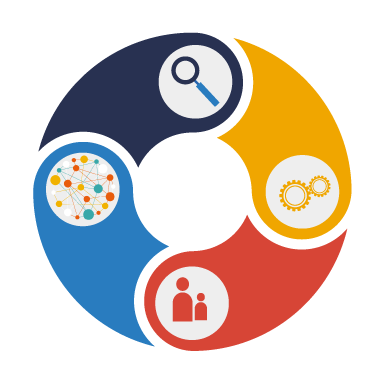RareBoost Seminar: Prof. Simon Rayner “Investigating the Role of the Non-Coding Genome in Ethnic Diversity”
On September 23rd at 11:00, Prof. Simon Rayner will give a seminar titled “Investigating the Role of the Non-Coding Genome in Ethnic Diversity” at IBG.
Prof. Rayner’s research focuses on the development of methods for mining and visualizing big data. He has a particular interest in genome evolution at the molecular level and its subsequent impact at the functional level. To this end, he is currently working with Whole Genome Sequencing, Whole Exome Sequencing, RNA-Seq, and small RNA NGS datasets. His work examines the role of non-coding RNAs in disease and how mutations in these regions can be associated with disease.
We welcome your participation in Prof. Rayner’s seminar, which will focus on developing and applying software tools to study non-coding genetic variants across diverse populations and their functional impact on disease risk.
This seminar will be held in Hybrid format.
🔗Access link to join online: https://luma.com/jetiij8r
Seminar Abstract
Genome Wide Association Studies (GWAS) seek to identify Single Nucleotide Polymorphisms (SNPs) associated with a particular disease or trait. However, studies are heavily biased towards European populations and focus on the 2% of the genome that correspond to protein coding regions. More recently there have been studies such as the 1000 genomes project, the 100 000 Han Chinese Project and H3Africa that seek to more uniformly represent global populations. However, it remains a challenge to interpret SNPs that are specific to a particular population and occur outside protein coding regions.
We have been developing a number of software tools to allow us to investigate these non-coding variants to understand how they vary by different populations and the functional consequences (for example, how the variation affects disease risk). We will present some of these tools together with our findings from investigating data from the 1000 Genomes Project.

